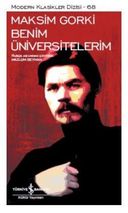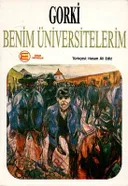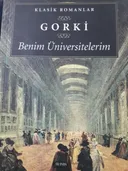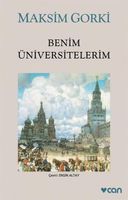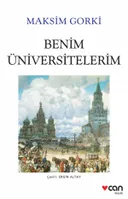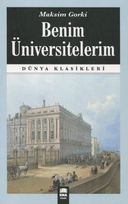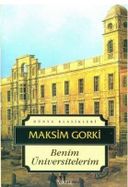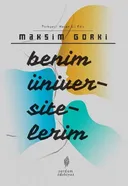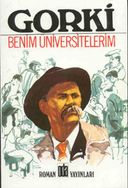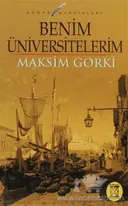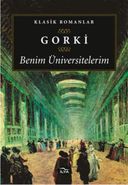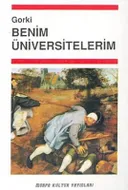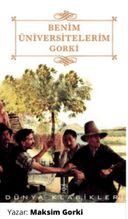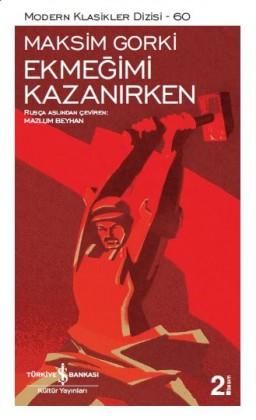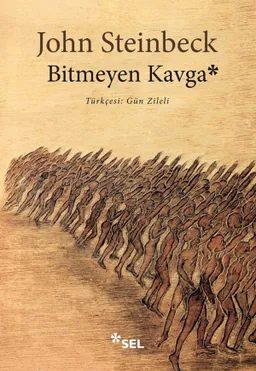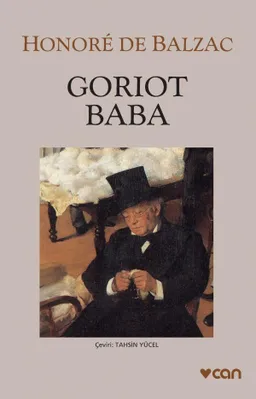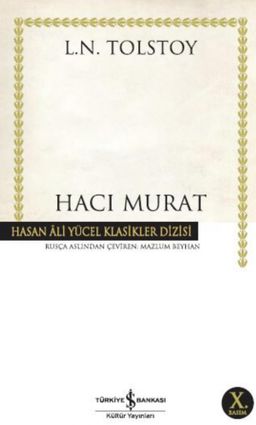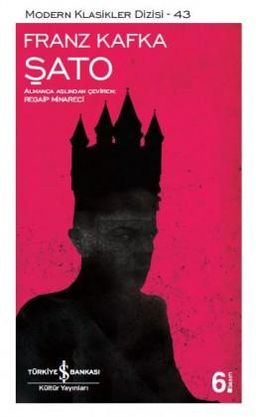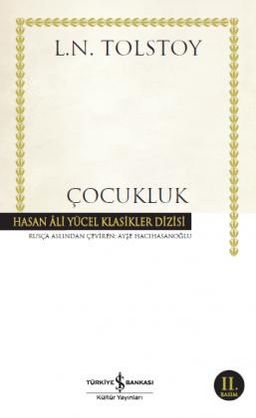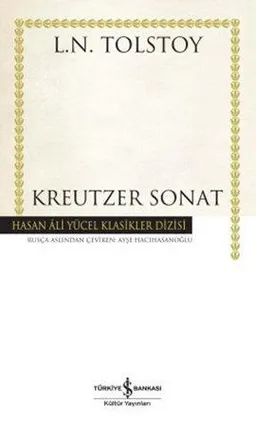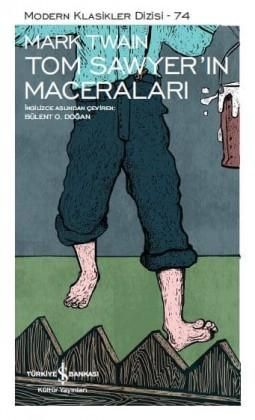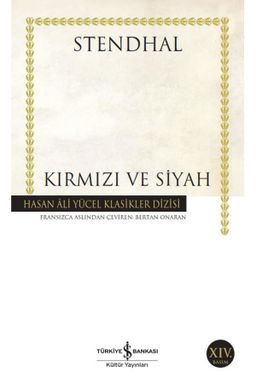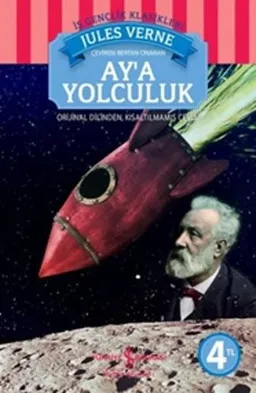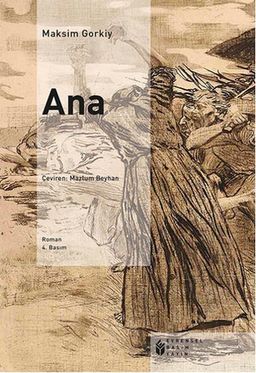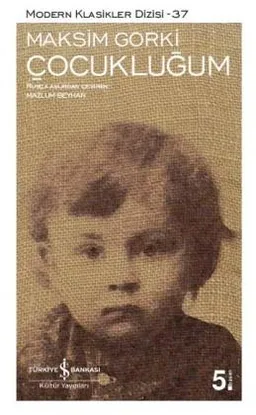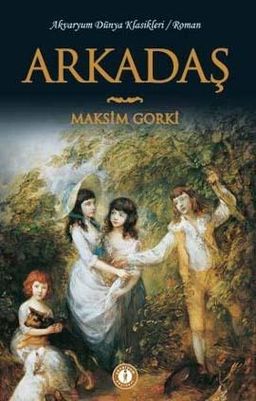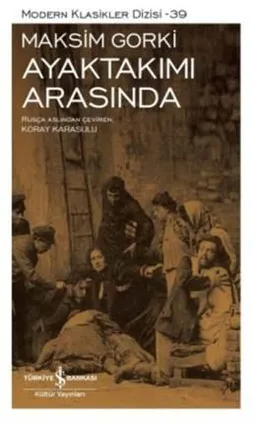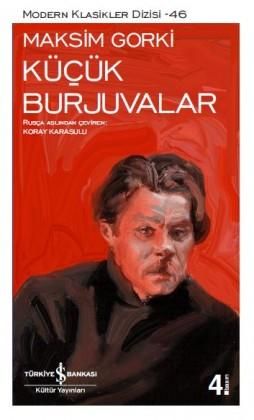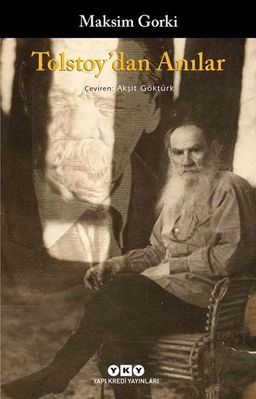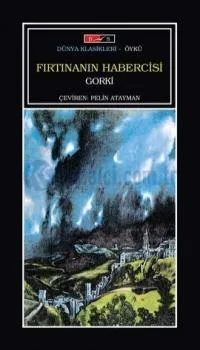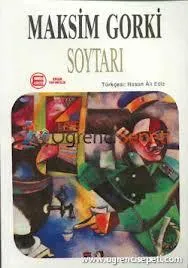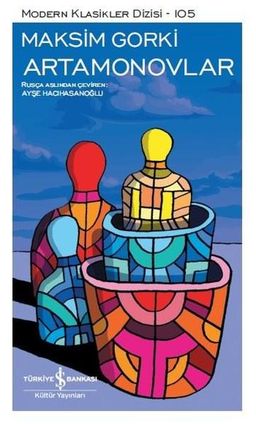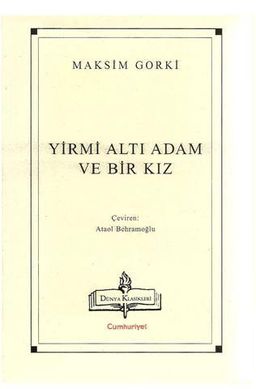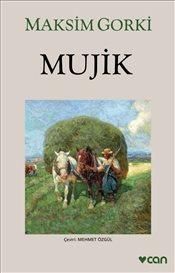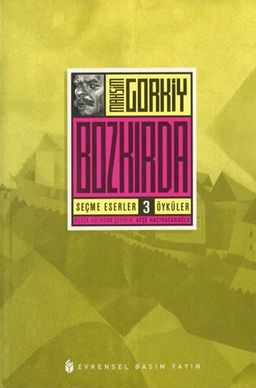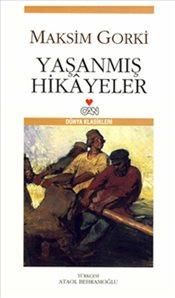Benim Üniversitelerim
Maksim GorkiAbout Benim Üniversitelerim
Benim Üniversitelerim subject, statistics, prices and more here.About
Benim Üniversitelerim, (Çocukluğum ve İnsanlar Arasında’yla birlikte) edebiyat tarihine eşsiz bir toplumsal gerçekçilik anlayışı getiren Maksim Gorki’nin kendi hayatından yola çıkarak yazdığı üçlemenin son kitabıdır.
Üniversitede okumak üzere Kazan’a gelen Aleksey Peşkov’un bu hayalini gerçekleştirmesi hiç de kolay olmayacaktır. Bir yandan ekmeğini kazanmaya diğer yandan eğitimini sürdürmeye çalışan genç adam, Rusya’da çarlık yönetiminin ve köhne dünya görüşünün çalkantılı ortamında bütün hayatın bir üniversiteye dönüştüğünü görür. Hayat üniversitesinde karşısına çıkanlar da ona kendi hayatlarının acımasız gerçekliğini öğreten, toplum dışına itilmiş devrimciler, Rusya’nın kaderini değiştirecek kişilerdir.
Gorki, Rus toplumunun öğrencilerin, işçilerin umut ve cesaretle örgütlenip daha iyi bir yaşam için omuz omuza verdiği ve devrim düşüncesinin temellerinin atılmaya başladığı bu dönemini tam da içinden anlatır.
Author: Maksim Gorki
Translator: Ergin Altay
Editor: Sabri Gürses
Editor: Ayça Sezen
Designer: Utku Lomlu
Türler:
#578 En çok okunan kitaplarda#16 Biyografi türünde#376 Roman türünde#160 Dünya Klasikleri türünde#519 Edebiyat türünde
Estimated Reading Time: 4 hrs. 59 min.Page Number: 176Publication Date: October 2019First Publication Date: 1923Publisher: Can YayınlarıOriginal Title: Rusça: Мои университеты [Moi universitety]ISBN: 9789750741517Country: TürkiyeLanguage: TürkçeFormat: Karton kapak
Other Editions
Benim Üniversitelerim
6.2k okunmaİş Bankası Kültür Yayınları · 2016 · 176 syf
Benim Üniversitelerim
606 okunmaEngin Yayıncılık · October 1999 · 192 syf
Benim Üniversitelerim
232 okunmaAtlantis Yayınevi · May 2015 · 200 syf
Benim Üniversitelerim
226 okunmaCan Yayınları · 2014 · 176 syf
Benim Üniversitelerim
221 okunmaBordo Siyah Yayınları · July 2004 · 226 syf
Benim Üniversitelerim
205 okunmaYeryüzü Yayınevi · 1996 · 182 syf
Benim Üniversitelerim
180 okunmaCan Yayınları · October 2019 · 176 syf
Benim Üniversitelerim
121 okunmaEma Kitap · 2017 · 190 syf
Benim Üniversitelerim
113 okunmaİskele Yayıncılık · 1 January 2007 · 164 syf
Benim Üniversitelerim
109 okunmaYordam Edebiyat · November 2018 · 176 syf
Benim Üniversitelerim
93 okunmaOda Yayınları · 1995 · 172 syf
Benim Üniversitelerim
92 okunmaKum Saati Yayıncılık · 2002 · 174 syf
Benim Üniversitelerim
78 okunmaİlya Yayınevi · January 2013 · 194 syf
Benim Üniversitelerim
68 okunmaMorpa Kültür Yayınları · January 2000 · 284 syf
Benim Üniversitelerim
54 okunmaSis Yayıncılık · 2014 · 160 syf
Book Statistics
All statistics
Statistics of this edition
Reader Profile of the Book
Kadın% 62.8
Erkek% 37.2
0-12 Yaş
13-17 Yaş
18-24 Yaş
25-34 Yaş
35-44 Yaş
45-54 Yaş
55-64 Yaş
65+ Yaş
About the Author
Maksim GorkiYazar · 96 books
This text has been automatically translated from Turkish. Show Original
In 1892, he started working at the Caucasus Newspaper in Tbilisi. Because he lived a life full of poverty and pain, he began to use the pseudonym Gorky, which means pain in Russian. In 1895 St. He became famous with his story called Çelkaş, which appeared in a magazine published in St. Petersburg. Then the story Twenty-Six Boys and a Girl was published.
His fame spread rapidly. He wrote a series of novels and stories that were not as successful as these stories. Gorky's first book, Story Essays (Очерки и рассказы), published in 1898, was very popular and is considered the beginning of his writing career. His first novel, Foma, was published in 1899. During this period, his failure to establish a solid plot and his involvement in long philosophical discussions about the meaning of life reduced the success of his novels. Mother, written in 1906 and dedicated to the Russian Revolution, is his most successful novel. Between 1899 and 1906, St. He lives in St. Petersburg. Gorky openly opposed the Tsarist regime and was arrested many times for this. He was subjected to control and oppression by Tsarism. He was arrested in 1901 for his short poem The Ballad of the Storm Bird. He was released in a short time and went to Crimea.
Gorky met many revolutionaries. A close friendship developed between them since 1902, when they met Lenin.
In 1902, he was elected to the Russian Academy of Literature. However, Tsar II. Nikolas won't allow this. Anton Chekhov and Vladimir Korolenko protest this attitude and leave the Academy.
During the failed Russian Revolution of 1905, he was imprisoned for a short time in the Peter and Paul Fortress. Gorky writes the play Children of the Sun.
Following the sudden death of his son in May 1935, Gorky died in June 1936. The deaths of both are under suspicion. It was claimed that they were poisoned, but this claim was never proven. Stalin and Molotov will be among those carrying the coffin at Gorky's funeral.
In 1938, at Bukharin's trial, it was confessed that Gorky was killed by NKVD chief Yagoda.
